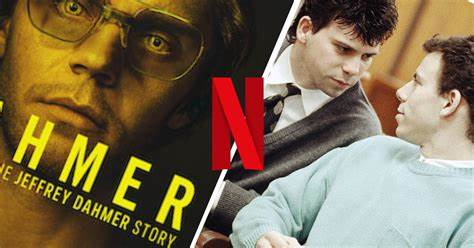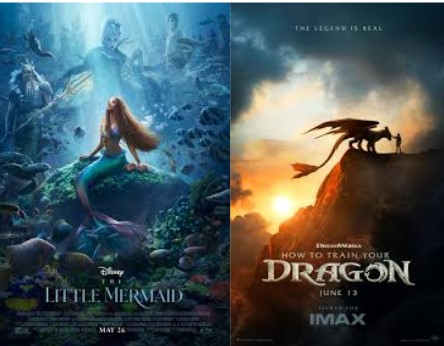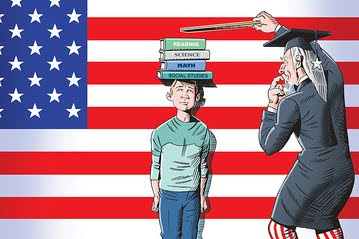From crime TV shows like NCIS to documentaries detailing biographical criminal events like Baby Reindeer, our society is captivated by criminal activity. That’s not to say that we love committing crimes, but rather that we are interested in the “why” behind all forms of crime. When Dahmer- Monster: The Jeffery Dahmer Story (Netflix) came out, it quickly jumped to the top show, which had been watched in the United States for weeks. Social media was a flurry storm of opinions and new information as more and more viewers turned to platforms to converse. On September 19th, Monsters: The Lyle and Erik Menendez Story will hit the streaming platform, and critics are interested in the reactions. Though both TV shows provide heavy topics of discussion, there have been some controversial opinions on the killers because of how they are portrayed. This includes rationalizing the killers’ choices based on their childhoods and turning the choices into a form of profit that does not benefit the families of the victims.
The Dahmer series had a well-loved celebrity, Evan Peters, portraying Dahmer, which may not help with the romanticization of serial killers in our society. The movie Extremely Wicked, Shockingly Evil, and Vile also starred Zac Efron, a former teenage heartthrob, playing Bundy himself. As audiences began to watch this movie, there were more unsettling takes on him being posted on social media, as Dr. Astorian (AP Social Studies and Psychology teacher) noted. She “noticed younger people who weren’t keyed into what Bundy did were posting stuff romanticizing it because they found Ted Bundy hot. And well, that is what he used to kill women.” Though not originally intending for these killers to be given a platform of sorts, it seems many platforms have done just that. Aarsha Tummala (12th grade) believes the streaming services creating these movies “can make these figures seem more like celebrities than criminals, which isn’t fair to the victims or helpful in understanding the true nature of their crimes. It’s a way of making them more of a spectacle than a serious issue.” There is a fine line when it comes to the portrayal of these killers in the media, not only because of the romanticization that occurs but also because this can hurt the families of the victims.
After the Dahmer movie, some people dressed as Dahmer for Halloween. This is highly insensitive to those who had to live through Dahmer’s reign, praying that they would find their family members alive and not having their prayers answered. Dr. Astorian shared that she “was in high school when Jeffery Dahmer was killing people, and just seeing the families on TV trying to find their loved ones was awful. Making money off of tragedy is awful.” Our society’s insensitivity could be attributed to the victimization of the killer that occurs when society sees their challenging childhoods. Evan Lockard (12th grade) voices that “romanticizing serial killers is disrespectful to the victims and their loved ones, and while I think it’s important to empathize with others’ traumas that we have not experienced, I think that people tend to overly empathize with serial killers due to the media’s emphasis on their backstories.” The Menendez Brothers is such a case where this is especially true. Many see them as cold-blooded killers as they murdered their parents, an entirely valid conclusion. Others feel extreme sympathy for these killers because the media has placed heavy emphasis on the abuse they faced as children.
So why is society so obsessed with killers in the media? Is it a fascination with the dark side of human nature, identification with the killer, the media glamorizing them, a desire for attention, or something else? Our innate human need to be social drives many aspects of our lives and could have a hand in this. Regardless of what influences individuals to get so invested in media that details killing, it is essential to understand that this happened to real people. Choosing to glamorize these killers, no matter how horrendous, is heartless and should be considered. Their childhoods should also not be used as an excuse for choosing to kill. Most children, at a young age, “learned right from wrong, and murdering people falls into the wrong category” (Astorian). So, when choosing to engage in conversation regarding these killers, remember that their actions should never be excused. Their choices should not be glamorized but instead used as a cautionary tale of the vile events that can happen in our world.







